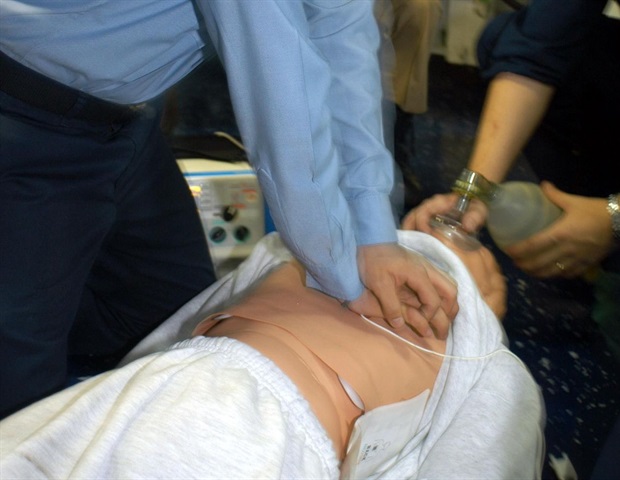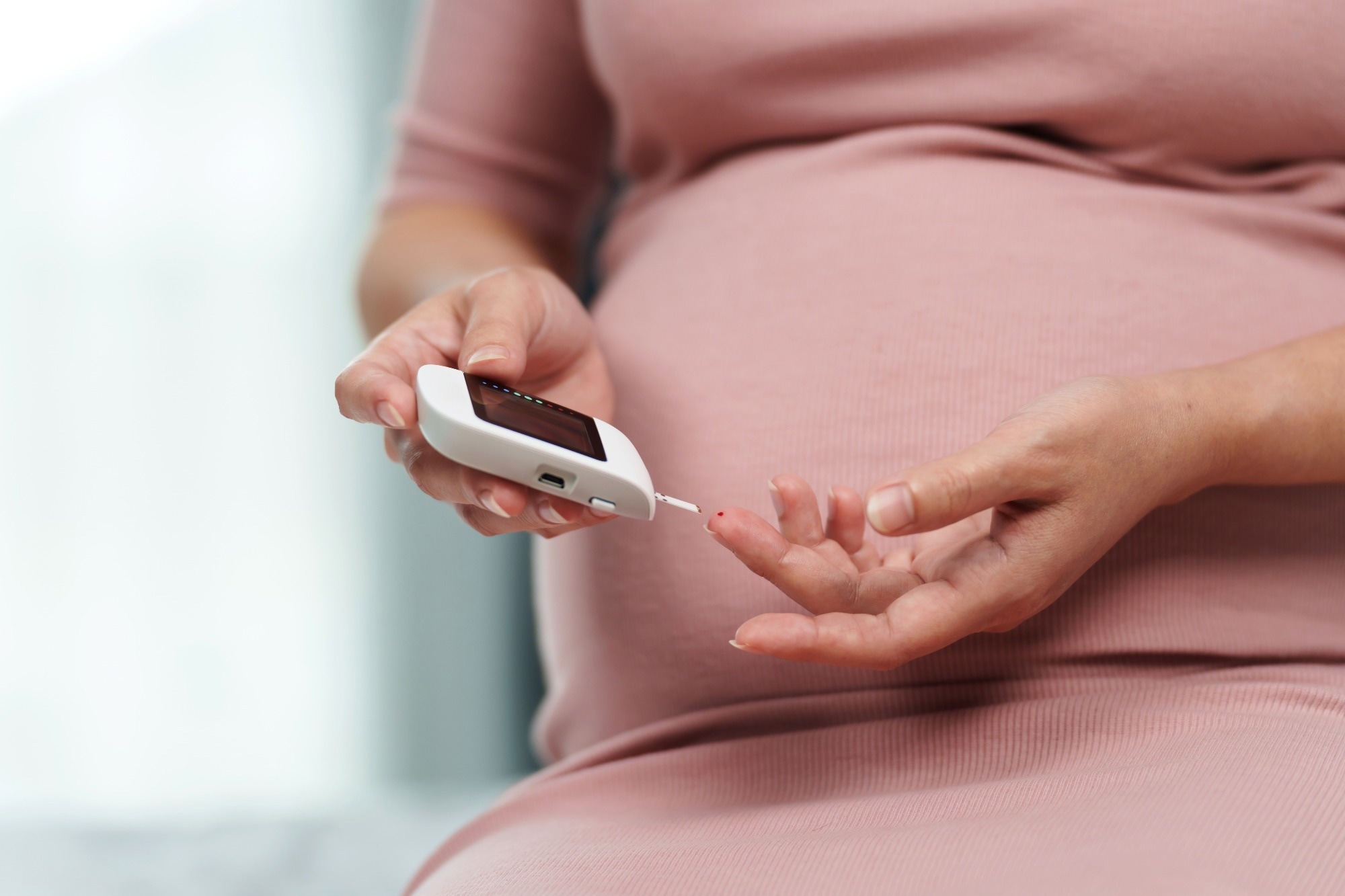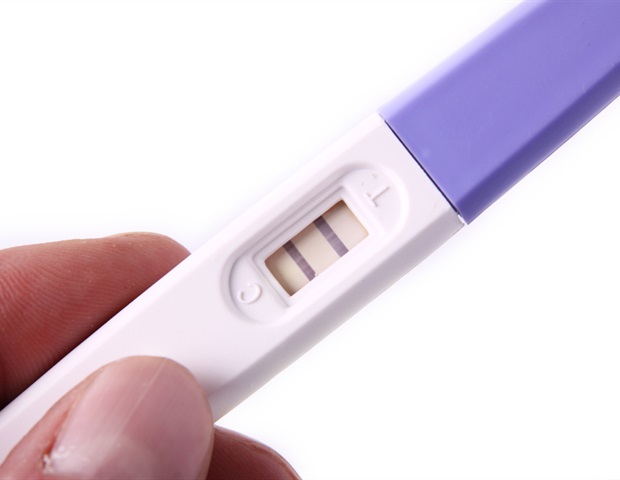In a recent study published in Nature Communications, researchers compared the post-coronavirus disease (COVID) complaints and symptoms in individuals infected with the severe acute respiratory syndrome coronavirus 2 (SARS-CoV-2) Omicron variant with those in individuals with Delta variant infections to understand whether the long-term complaints after Omicron infections are similar to those in infections with other SARS-CoV-2 variants.

Background
Long-COVID or post-COVID syndrome is an increasing concern as a large proportion of coronavirus disease 2019 (COVID-19) patients experience a wide range of persistent health problems spanning multiple organ systems months after recovering from SARS-CoV-2 infections. Consisting of debilitating fatigue, headaches, persistent fever, dysgeusia, dyspnea, as well as cardiac difficulties and cognitive impairments, these long-COVID symptoms affect the patient’s quality of life and continue to be a burden on the healthcare systems worldwide.
Studies have shown that long-COVID symptoms have largely been associated with severe COVID-19 cases requiring hospitalization and intensive care unit admission, although some persistent symptoms have also been observed with mild COVID-19 cases. While Omicron infections have reduced severity and a lower risk of hospitalization, the Omicron subvariants carry numerous spike protein mutations that increase their transmissibility and ability to evade vaccination-induced immunity, causing a rise in breakthrough infections. Therefore, it is important to understand whether Omicron infections pose a comparable risk of persistent post-COVID symptoms as infections with other SARS-CoV-2 variants.
About the study
In the present study, the team conducted a prospective cohort analysis of Norwegian residents between the age of 18 and 70 years who had positive or negative SARS-CoV-2 polymerase chain reaction (PCR) tests between December 8 and 31, 2021, when the Omicron and Delta variant circulations in Norway had a large overlap. Whole genome or Sanger sequencing data was used to identify the SARS-CoV-2 variant for all positive PCR tests. The three cohorts in the study comprised individuals with Omicron infections, individuals infected with the Delta variant, and non-infected individuals with negative PCR tests during the study period.
The measured outcomes consisted of the post-COVID symptoms or complaints most frequently reported in systematic reviews on long-COVID, such as fatigue, musculoskeletal pain, heart palpitations, cough, dyspnea, brain fog involving difficulty with memory and concentration, anxiety, and depression. The symptoms and complaints were registered in the medical records and were measured starting from day 14 after a positive PCR test.
Statistical analyses included baseline and follow-up characteristics of each cohort. The person-time was calculated based on the number of individuals multiplied by the number of days between their test date and the censoring date. The hazard ratio was estimated for potential post-COVID symptoms or diagnoses between day 14 and day 126 after testing positive. The incidence of post-COVID complaints was also assessed according to the acute phase, sub-acute phase, and chronic phase of post-COVID condition corresponding to days 14–29, 30–89, and 90–126, respectively.
A sensitivity analysis using a cohort of untested individuals was also performed to account for increased testing and primary healthcare visits by individuals who tested negative for SARS-CoV-2 but experienced persistent systems similar to those experienced by positive cases.
Results
The results reported that individuals with Omicron infections experienced similar post-COVID symptoms as those infected with the Delta variant, including fatigue, dyspnea, cough, anxiety, depression, and heart palpitations. The symptoms were reported during the acute, sub-acute, and chronic phases ranging from day 14 to day 126.
However, individuals infected with the Omicron variant had fewer complaints of any symptoms after day 90 than individuals with Delta infections, including a lower report of musculoskeletal pain. While the authors mentioned that these observations could be due to reduced reporting of recurrent symptoms by patients and omitted records by doctors in the later phases of the post-COVID condition, they believe that such discrepancies would affect all cohorts similarly.
The use of sequencing data to differentiate between the SARS-CoV-2 variants for positive cases was one of the study’s strengths, as it allowed the post-COVID symptoms to be compared between Omicron and Delta infections. Additionally, easily accessible free-of-cost PCR testing facilities and a tax-funded universal healthcare system in Norway made the results of the study uniform and generalizable. The study was slightly limited by excluding antigen tests or home tests since those results were not registered.
Conclusions
Overall, the results suggested that post-COVID symptoms during the acute and sub-acute phases corresponding to days 14–29 and 30–89, respectively, might be similar for individuals infected with the Omicron and Delta variants of SARS-CoV-2. The post-COVID symptoms, especially musculoskeletal pain, during the chronic phase after day 90 might be lower for individuals infected with the Omicron variant.
Journal reference:
- Magnusson, K., Kristoffersen, D. T., Dell’Isola, A., Kiadaliri, A., Turkiewicz, A., Runhaar, J., Bierma-Zeinstra, S., Englund, M., Magnus, P. M., & Kinge, J. M. (2022). Post-covid medical complaints following infection with SARS-CoV-2 Omicron vs Delta variants. Nature Communications. doi: https://doi.org/10.1038/s41467-022-35240-2 https://www.nature.com/articles/s41467-022-35240-2














